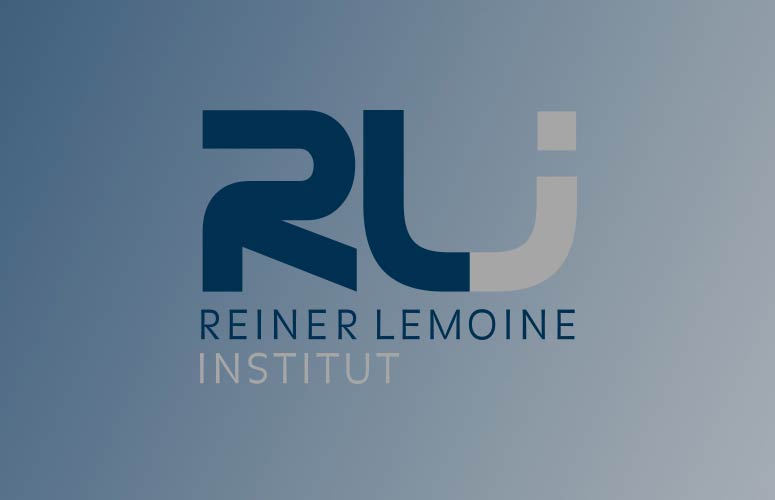Comparison and optimisation of (de-)centrally oriented expansion paths to a renewable energy power supply in Germany

Project description
The question, if the renewable energy expansion should rather be centrally or decentrally implemented, thus rather geographically concentrated or spread all over the country, is a very controversial issue being discussed in the context of current debates on the energy transition. In order to take decisions about the choice of instruments for the realisation of a sustainable energy policy, a comprehensive understanding of the energy system and the impacts of different measures is needed.
The project studies and analyses different paths on the way to a 100% renewable energy power supply. At the forefront is the question, if it makes good economic sense to concentrate the capacities for the generation of renewable energy on those sites, which entail the lowest costs of power generation and also the question, which advantages and disadvantages result from a decentral distribution of the renewable energy capacities. Apart from the power generation costs, the communal value added is being used as an economic criteria.
The aim of the project is to become able to name the cost and value added differences between central and decentralised expansion paths of renewable energies and thus to appropriate recommendations for the development of the market design when realising the energy transition.
Project period 01.07.2012 – 31.10.2013
Results
The comparison examined shows that a decentralised energy supply, in which renewable energies are also expanded at less than optimal locations, does not lead to significantly higher costs than a centralised expansion. On a pure cost level, the scenarios analysed are equivalent. However, if additional evaluation criteria, such as municipal value creation, are introduced, there are clear advantages to decentralised expansion. You can find the entire study here.

